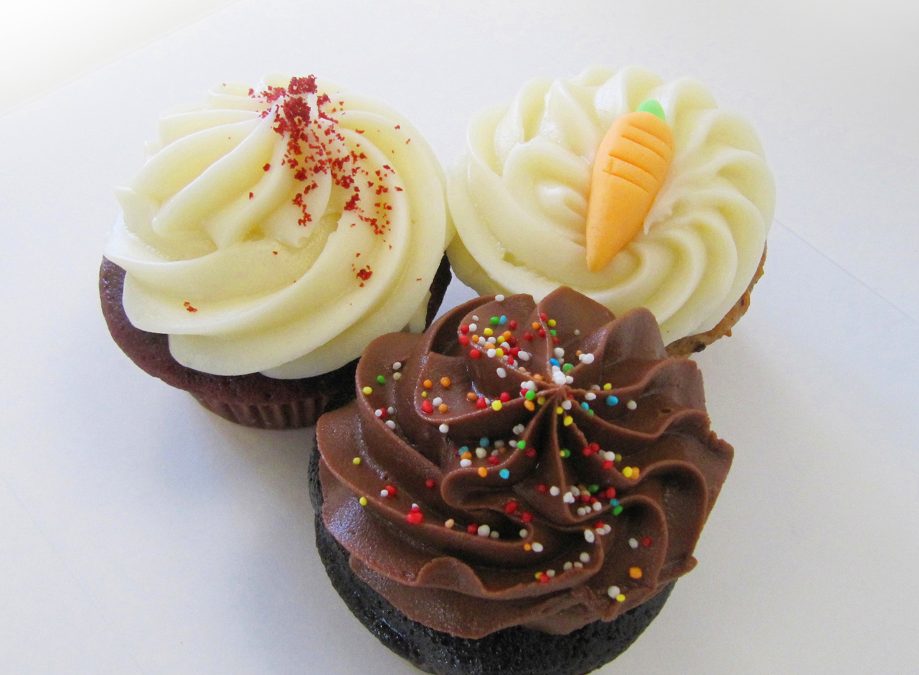Today is my firstborn’s ninth birthday. Nine. I swear I was pregnant with him for nine years; the actual past nine years have flown by. I delight in who he is and who he is becoming, and I feel so grateful I get to be his mama.
This morning we sent him off to school with cupcakes to share with his class. Then, around 10, I got an email from his teacher that they weren’t actually a safe snack, but had been processed in a facility with tree nuts. Let me tell you, the big “Allergen Friendly” label was quite misleading.
I quickly sent back an email that we would get him an appropriate and safe birthday snack ASAP. I apologized profusely. I immediately went down a mental spiral that went something like this: “Oh, my word, my poor kid must be so upset. What kind of mother am I? What must his teacher think? Am I bad mom?” And on. And on. And on.
I tend toward the dramatic, in case you haven’t noticed.
When I stopped and thought about what I was thinking, I saw how fast I went from a simple mistake to an indictment on who I am as a mother and as a human being. I made a mistake, I was wrong. And all the sudden I was questioning myself as a mother and as a person.
How did I get there so fast?
I see people take that fast track all the time. We mess up, we are wrong, we make a bad decision, or an honest mistake. And all the sudden we are declaring ourselves bad and broken.
Our tendency to move from being wrong in a situation to declaring our whole selves wrong is why so many of us live shrouded in shame. Or, we so fear our own judgment that we don’t ever allow ourselves to admit that we could be wrong.
But what if being wrong and being bad are not the same thing? What if we can make mistakes and bad decisions and still be valuable and full of worth?
What if I can send the wrong snack with my kid and still be a good mom?
The questions seem so obvious they are almost silly. But I think we need these questions.
We need to pay attention to the things we are saying to ourselves, particularly after we mess up. We need to listen to the narratives we are playing in our heads, listen to the things we are saying to ourselves about ourselves.
If we don’t pay attention, these narratives go undercover. They become sneaky ways to soak us in shame and marinate us in self-loathing.
When we pay attention, we can speak back to these narratives. We can question their validity and we can replace them with healthier, more grace-based trains of thought. We can share them with others, who can help us confront these distorted ways of thinking.
We also need to pay attention to the times when we are so firmly convinced of our own rightness that we can’t even consider the possibility that we could be wrong. We need to pay attention to when we are quick to blame others or push all responsibility away from ourselves. This reaction may be valid. But most of the time, this intense reaction is a self-protection against the judgement we fear from ourselves and others.
Just because we messed up does not mean we are bad or broken. We need to question the narratives we tell ourselves about ourselves. We need to offer ourselves grace.


